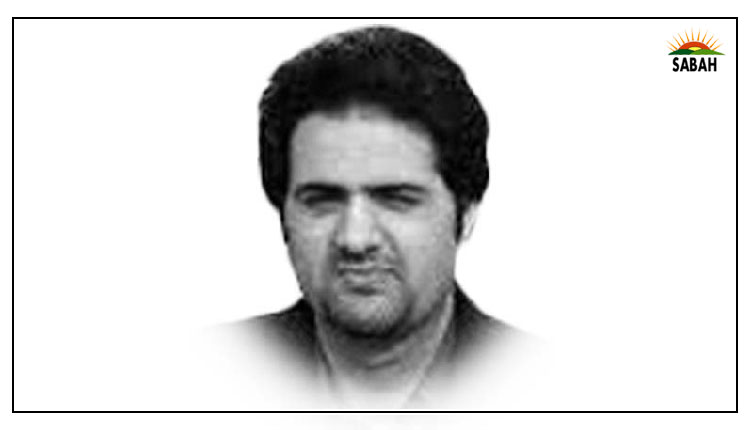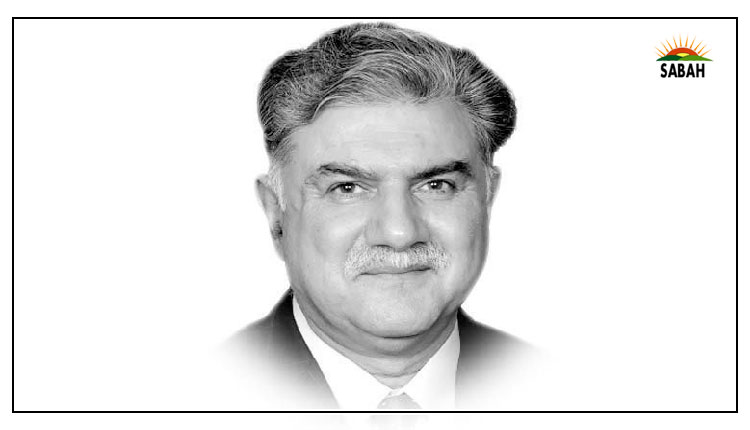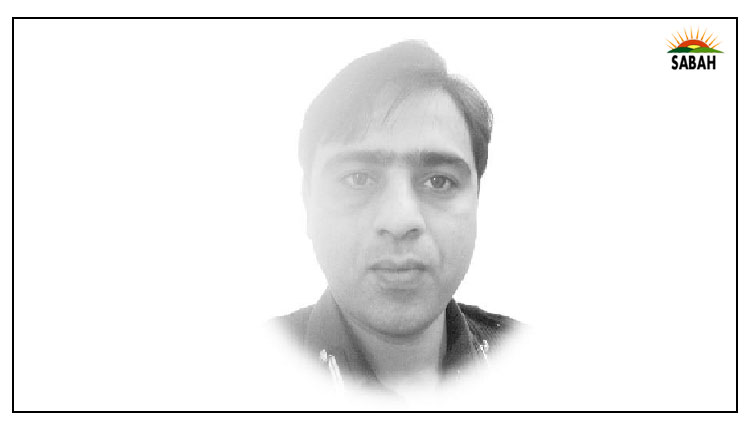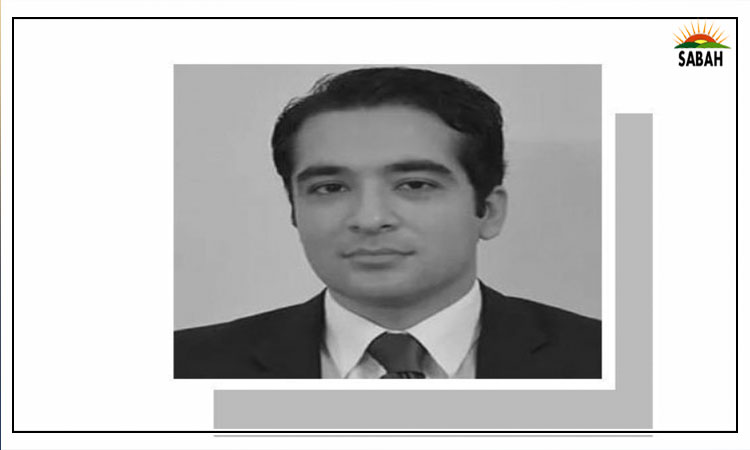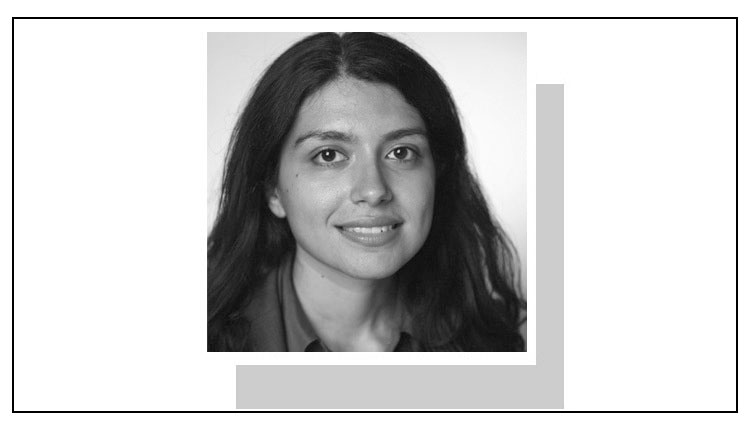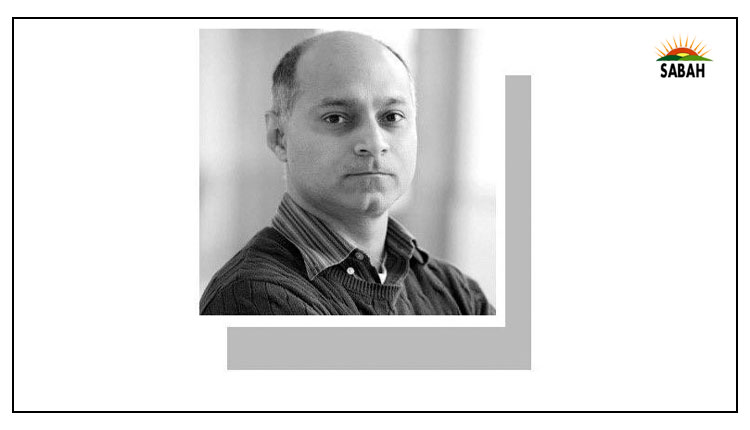The land where time stands still…Dr Ayesha Razzaque
A few weeks ago, I was invited to a panel on the issue of harassment on university campuses. The audience comprised students, 20-something-year-old men and women, from various public universities within driving distance from the capital.
Given the theme of the event, I was expecting some self-awareness, but incidents of harassment were unfolding in the audience while the programme was being conducted. At one point, the programme even had to be brought to a halt and organizers had to step in to re-establish order in a section of the audience.
Some of the conversation at the event, and the thinking it betrayed, could have made you believe the year was not 2024, but 2004 or 1984 (pun intended). One solution to campus harassment of women that was put forward was the same enforcement of mandatory uniforms, implying once again that it is womens choice of clothing that invites harassment and that the onus of stopping harassment rests on them, something that has been debunked every time it is brought up in public discourse for decades.
One member of the panel proudly presented their solution to verbal harassment slapping the offender: that is, escalating the situation by responding with physical violence and inviting violence in turn. Instead of recoiling with horror, this anecdote was met with roaring laughter and approval. Ours is a brutalized society where it is well known that the slightest affront can quickly escalate into a scuffle, even deadly violence.
Advising young people to inject violence into possibly already dangerous situations is irresponsible. In civilized societies, there is a firm line between verbal abuse and disagreements on one side and physical violence on the other, and crossing it is never acceptable. When an entire auditorium, filled with university graduates no less, cheers such anecdotes (real or made up), you know that society still has a lot of evolving to do.
Inevitably, someone in the audience had to bring up the state-sanctioned solution that someone eventually always brings up: that the solution to all our national woes is a stronger dose of religion, an idea that has been around since at least the 80s. Never mind the fact that mandatory religious indoctrination in public (and much of private) education in Pakistan now (by some measures) well exceeds that of our spiritual mothership Saudi Arabia. And in the age of TikTok, (usually) a cocky young man delivers this opinion in the form of rousing sermons and a tone that disinvites further arguments (or else?) while being recorded, possibly in the hope of going viral and hitting the social media clout jackpot.
Never mind that nearly half the youth nationwide wish to head for the countrys exit doors, mostly to more or less secular societies. On Twitter threads, Pakistanis are asking neighbours across our eastern border to reconcile their secular constitution with the daily news reports of violence against minorities coming out of their country, but then turn around to demand a theocracy at home. All this while remaining completely oblivious to their own contradictions.
One young man in the audience asked to be explained whether sending Good morning messages the unsolicited eye-roll-inducing staple of South Asian WhatsApp constitutes harassment. The snickering from the audience that accompanied the question told you that everyone fully understood that stubbornly sending unwelcome messages to people is just poorly disguised harassment. Nevertheless, that did not dissuade some in the audience from attempting reductio ad absurdum arguments, possibly in the hope of identifying a loophole to low-level harassment. The basic netiquette of leaving people who do not wish to talk is too much to comprehend for some, despite the discourse around these issues in recent years.
This issue has frequently been at the forefront of public discourse in recent years and has been dissected and re-dissected. These talking points should stand long debunked and buried. Instead, like zombies in The Walking Dead, they refuse to die, they rise again, and they travel in groups. It seems a lot of people are unwilling to learn, to pick up a book and inform themselves on issues, to be willing to change their opinion, attitude and behaviour. I am beginning to believe that the stunting resulting from malnourishment that a vast segment of our population suffers from may be to blame. If my opinions today seem unusually harsh and make me sound frustrated, it is because I am.
Between 2019 and 2022, the country had a public debate on the Single National Curriculum (SNC), the brainchild of the PM of the time. Part of that debate early on was to have not just a single curriculum, but a single school system in the country. The stated goal was to level educational opportunities for all. What it would have done is take away choices from professional and middle-class parents while preserving them for the wealthiest, who can school their children abroad. At the same time, the architects of this ill-conceived plan also acknowledged the much greater effectiveness of alternate foreign high school exams (IGCSE, O/A-level, IB). While the PTI government and the PDM government that came next, rammed through the SNC for public schools, the idea of ending other school systems was thankfully shelved.
How these schemes would improve the state of education in the country was never fully explained and the lack of coherent thought eventually dawned on its champions.
However, just a few days ago, that did not stop a popular prime-time talk show host from dredging this proposal back up again. Years of public debate, but no attention paid and nothing learned.
Since the summer of 2023, the issue of emigration and brain drain has flared up several times in the media. Most people understand that there are pros and cons to emigration for individuals and the country. The country is reliant on the foreign remittances overseas workers and emigrants send to support family members back home or make investments. Anytime the country faces a balance of payments crisis, the government looks, among other sources, towards the overseas Pakistani community for help. That fact seems to have escaped one of our leading uniformed saviours when he opined that anyone who quits the country should not return very Kim Jong-esque!
Historically, great civilizations of the world have been the ones that were open to the free flow of people and the exchange of ideas. Suspicion and hostility (fearfulness?) towards the outside world and anyone who opts to go there is more at home in the pre-Internet era of tinpot dictatorships than the present. One would hope that in the era of global connectivity when everyone with a smartphone can independently explore so much of the world online, such hostility would have lost currency. Instead, everything old is new again.
The 2024 general elections are almost here, and political parties have published manifestos outlining their plans for the next term if they win. Here again, I feel little has changed since the days of Roti, Kapra aur Makaan (Food, clothing, and housing). The manifestos have gotten longer and more expansive and now come in colorful PDF files, but they remain just as superficial.
I found little to disagree with in the raft of programmes promised for the education sector. Clearly, a committee sat down and put some thought into it but here is my question: Did anyone estimate the cost of each programme (and where can we find those numbers)? More importantly, where is that money going to come from? Answers to these questions will tell voters how realistic these manifestos are and how seriously we should take them. Without basic planning behind them, these are only as substantial as a childs wishlist for Santa Claus.
Lately, any issue I look at social or political makes it seem like we, as a society, are standing still. Pick an issue, and it seems like nothing has changed in decades. Few seem able or willing to inform themselves on issues before forming an opinion. Fewer still are willing to change their opinion in the face of new facts. Whether that is a manifestation of the lack of those elusive critical thinking everyone demands or something else, I do not know. Every day it feels like we are stuck in 2014 / 2004 / 1994 / 1984 / 1974, in a land where nothing changes, nothing is learned a land where time stands still.
Courtesy The News






